May 18, 2025 | 13:00 GMT +7
May 18, 2025 | 13:00 GMT +7
Hotline: 0913.378.918
May 18, 2025 | 13:00 GMT +7
Hotline: 0913.378.918
On August 16, the seminar "Carbon credits and human resources for the carbon market" was held at the School of Policy and Rural Development. At the Seminar, Prof. Dr. Vo Xuan Vinh shared about the Government's commitments on reducing greenhouse emissions.
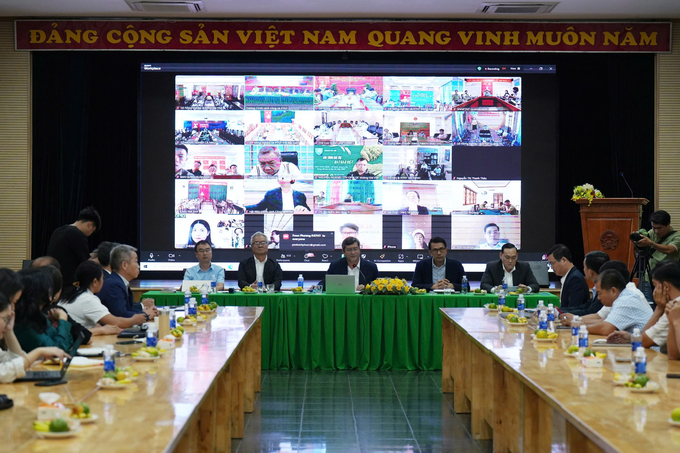
On August 16, the seminar "Carbon credits and human resources for the carbon market" was held at the School of Policy and Rural Development. Photo: Thanh Thuy.
According to Mr. Vinh, since 2021, Vietnam has made a strong commitment to global climate change at COP26, while also fulfilling other commitments in the ASEAN region and with other partners regarding global energy.
Specifically, Vietnam has joined the Greater Mekong Subregion (GMS) cooperation, the Asia-Pacific Economic Cooperation (APEC) forum, and the Asia-Pacific Climate Action Alliance (APCAA). In addition, Vietnam is a member of the Global Energy Partnership (GEP), an initiative aimed at promoting cooperation in sustainable energy and transitioning to clean energy.
Regarding the Green Growth Strategy, in 2021, the Vietnamese government approved the Green Growth Strategy for the period 2021-2030 with a vision to 2050. This strategy aims to reduce greenhouse gas intensity relative to GDP and promote green and sustainable economic development. Additionally, the government issued Decision No. 1658/QD-TTg and Decree No. 06/2022/ND-CP with the goal of fostering green growth and reducing greenhouse gas emissions.
Mr. Vinh assesses that developing and implementing a carbon market brings many benefits and revenue sources for Vietnam. Particularly, Vietnam's agricultural sector has a significant advantage when participating in domestic and international carbon markets. Recently, the agricultural sector has been at the forefront of carbon credit sales.
In 2023, Vietnam made significant progress by successfully selling 10.3 million forest carbon credits (10.3 million tons of CO2) through the World Bank (WB) at a unit price of $5 per ton, generating $51.5 million (approximately 1,250 billion VND)...
Therefore, Mr. Vinh hopes that Vietnam will actively participate more in the global market, aiming to sell an additional 5 million credits this year and next year, raising the total number of carbon credits sold to 25 million. It is expected that forest carbon absorption and storage services will be one of Vietnam's advantages in the upcoming period.
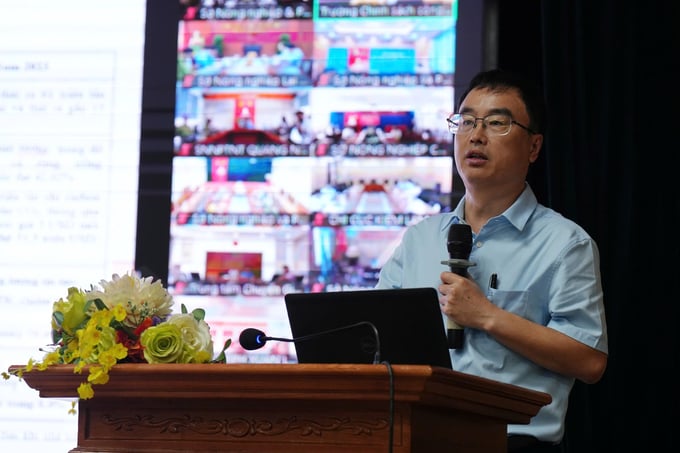
Prof. Dr. Vo Xuan Vinh, Director of the Institute of Business Research, spoke at the seminar. Photo: Thanh Thuy.
In addition, communication and human resource development also play a crucial role. Adopting the perspective that "for green development, people must be at the center," green growth focuses on people, helping to reduce their vulnerability to climate change; encourages individual responsibility towards the community and society; guides future generations on green living culture; and fosters a civilized, modern society that harmonizes with nature and the environment.
To transform and participate in the carbon market, the involvement of the entire political system, the people, the business community, and relevant agencies and organizations is needed. This requires implementing strategies that span diplomacy, climate action, and technology.
On that basis, it is necessary to train and improve the skills of human resources and experts to systematically carry out the steps from measurement, reporting to appraisal. At the same time, applying advanced technology, digital transformation, smart and sustainable infrastructure; creating motivation for private investment to play an increasingly important role in the green economy. Agencies and units need to promote and raise people's awareness, aiming to develop a green and sustainable country.
In addition to training programs, Mr. Vinh encourages educational and research institutions to actively participate in international carbon credit training networks, with the goal of collaborating with the government in implementing policies, commitments, and green growth roadmaps.
Translated by Phuong Linh

(VAN) Deputy Minister Nguyen Quoc Tri also expressed his hope that Cuba will soon overcome its current challenges, attain food security, and further expand cooperation with Vietnam.

(VAN) The project contributes to enhancing the resilience of communities vulnerable to the impacts of climate change, with a primary focus on local women.
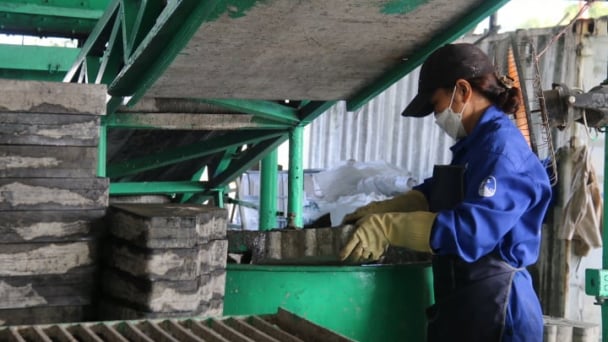
(VAN) Green materials help save energy and resources. However, after more than 10 years, Vietnam has only developed over 200 green buildings with more than 6 million square meters of floor space.
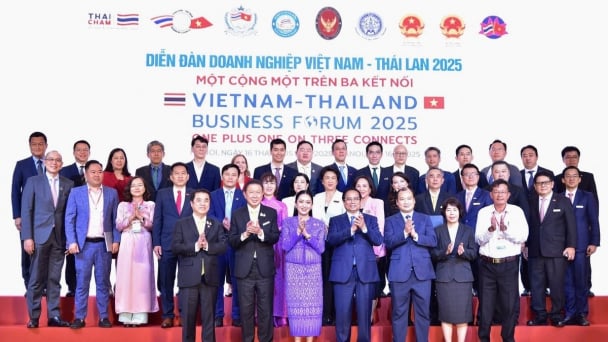
(VAN) Vietnam - Thailand Business Forum 2025: One plus one on three connects, marking a milestone in the comprehensive strategic partnership between the two nations.
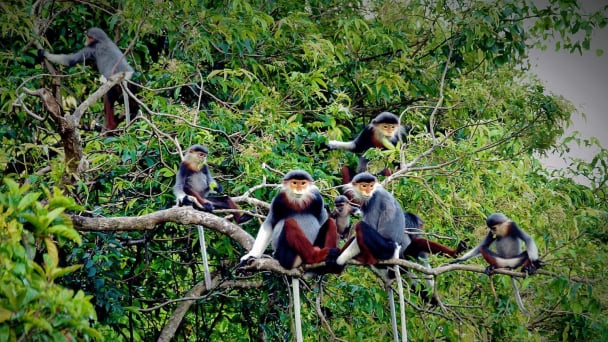
(VAN) The United Nations designated 22 May as the International Day for Biodiversity 2025 with the theme 'Harmony with nature and sustainable development.'
![Multi-channel, multi-directional Vietnamese agricultural markets: [8] A national strategy is needed](https://t.ex-cdn.com/nongnghiepmoitruong.vn/608w/files/phucpm/2025/05/15/1435-thi-truong-nong-san-viet-da-kenh-da-huongbai-8-can-mot-chien-luoc-quoc-gia-084750_728.jpg)
(VAN) The Chairman of Hung Nhon Group shared: ‘Opening up and tapping into new markets is the right and strategic direction for Vietnam's agricultural sector.’

(VAN) Food waste has become a serious issue in modern society, especially in rapidly urbanizing and developing cities like Hanoi.